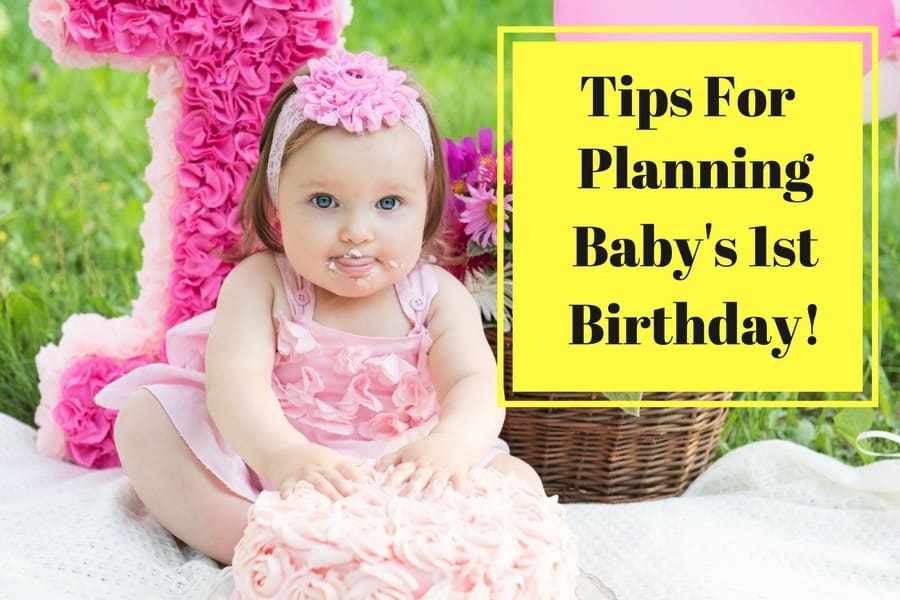 Mr. 3-year-old has been testing the limits around here recently by throwing some pretty spectacular temper tantrums.
Mr. 3-year-old has been testing the limits around here recently by throwing some pretty spectacular temper tantrums.
Because he was our first child, my husband and I have no idea what to do. We have done ‘timeouts’, ignored the screaming outbursts and taken toys/privileges away. But nothing has worked so I decided to turn to the experts:
Here is what they say:
Tantrums usually happen when your child is seeking attention or is tired, hungry, or uncomfortable. They are often the result of kids’ frustration with the world — they can’t get something (for example, an object or a parent) to do what they want.
Tantrums are common during the terrible two’s, a time when your child is learning to speak. Toddlers generally understand more than they can express. Imagine not being able to communicate your needs to someone — a frustrating experience that may precipitate a tantrum. As language skills improve, tantrums tend to decrease.
Another task toddlers are faced with is an increasing need for more freedom. Your little one may want a sense of independence and control over the environment — more than they may be capable of handling. This creates the perfect condition for power struggles as a child thinks “I can do it myself” or “I want it, give it to me.” When kids discover that they can’t do it and can’t have everything they want, the stage is set for a tantrum.
How to avoid them:
- Make sure your child isn’t acting up simply because he or she isn’t getting enough attention. To a child, negative attention (a parent’s response to a tantrum) is better than no attention at all. Try to establish a habit of catching your child being good (“time in”), which means rewarding your little one with attention for positive behavior.
- Try to give toddlers some control over little things. This may fulfill the need for independence and ward off tantrums. Offer minor choices such as “Do you want orange juice or apple juice?” or “Do you want to brush your teeth before or after taking a bath?” This way, you aren’t asking “Do you want to brush your teeth now?” — which inevitably will be answered “no.”
- Keep off-limits objects out of sight and out of reach to make struggles less likely to develop over them. Obviously, this isn’t always possible, especially outside of the home where the environment can’t be controlled.
- Distract your child. Take advantage of your little one’s short attention span by offering a replacement for the coveted object or beginning a new activity to replace the frustrating or forbidden one. Or simply change the environment. Take your toddler outside or inside or move to a different room.
- Set the stage for success when kids are playing or trying to master a new task. Offer age-appropriate toys and games. Also, start with something simple before moving on to more challenging tasks.
- Consider the request carefully when your child wants something. Is it outrageous? Maybe it isn’t. Choose your battles; accommodate when you can.
- Know your child’s limits. If you know your toddler is tired, it’s not the best time to go grocery shopping or try to squeeze in one more errand.
What To Do When The Storm Hits:
Stay Calm – Kids can sense when parents are becoming frustrated. This can just make their frustration worse, and you may have a more exaggerated tantrum on your hands. Instead, take deep breaths and try to think clearly.
No Spanking – physical tactics send the message that using force and physical punishment is OK. Instead, have enough self-control for both of you.
Ignore them – Ignoring the outburst is one way to handle it — if the tantrum poses no threat to your child or others. Continue your activities, paying no attention to your child but remaining within sight. Don’t leave your little one alone, though, otherwise he or she may feel abandoned on top of all of the other uncontrollable emotions.
After the Storm
If your child has trouble stopping their tantrum it might help to say to say, “I’ll help you settle down now.”
However, if is not recommended to reward your child after a tantrum by giving in. This will only prove to your little one that the tantrum was effective. Instead, verbally praise a child for regaining control.
Afterwards, a hug and reassurance that your child is loved may help will help to re-build.






